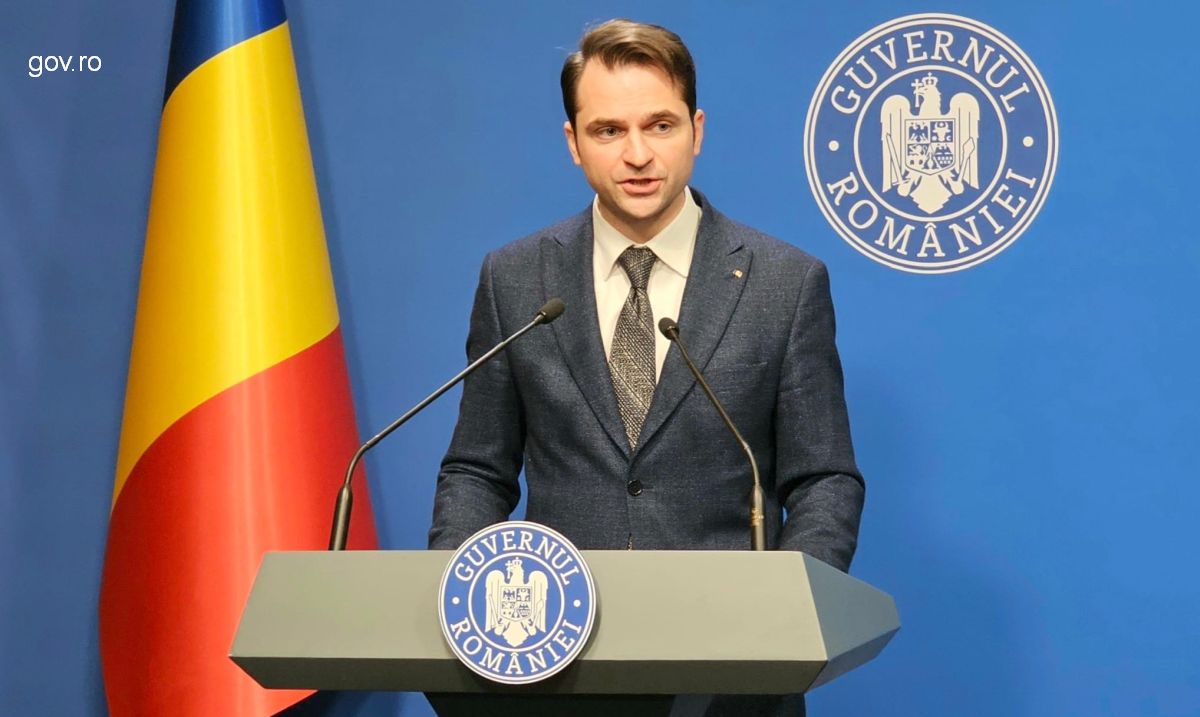2018, European Year of Cultural Heritage
2018 has been designated European Year of Cultural Heritage. The purpose is to encourage as many people as possible to discover and cherish Europes cultural heritage and to promote a common sense of ownership

România Internațional, 08.01.2018, 12:37
The European Parliament and European Council have declared 2018 the European Year of Cultural Heritage. In April 2017, the European Parliament ratified a report on this topic drafted by Romanian MEP Mircea Diaconu, the vice-president of the European Parliaments Culture and Education Committee.
Mircea Diaconu told Radio Romania how the year will unfold: “In 2018 each member state will present the elements that it considers best represents itself in terms of heritage and national identity to create a sort of European puzzle. The year is very promising, especially for Romania, a country that has a lot to say and that is still discovering itself. Its a very good opportunity for us. Maybe we will succeed to stand on a par with other states and bring something important to the table, our heritage, our history, our culture, something that makes us competitive. We can thus be perceived as a great nation, one of the greatest in Europe, culturally speaking.
The project is unfolding under the heading: “Our heritage: where the past meets the future, and makes for an excellent opportunity to know and understand the role of Europes cultural heritage and to promote a common sense of ownership. Over the course of 2018 national authorities are set to organize events and awareness-raising campaigns to determine citizens to get involved in actions aimed at preserving cultural heritage.
The European Commission, jointly with the Council of Europe, UNESCO and other partners, will be implementing 10 long-term projects. These include activities in schools, with a view to coming up with innovative solutions to repurpose heritage buildings and combat the traffic of cultural assets. The goal is to trigger a genuine change in the way people perceive, preserve and promote their heritage, so that 2018 should bring long-term benefits to all citizens.
The European Year of Cultural Heritage has been allotted an €8-million budget. Cultural heritage includes monuments, sites, traditions, know-how and means of expressing human creativity, passed on from generation to generation, as well as collections of items stored and preserved in museums, libraries and archives. With over 453 registered sites, Europe as a region accounts for nearly half of UNESCOs World Heritage List. (Edited by D. Vijeu)






























